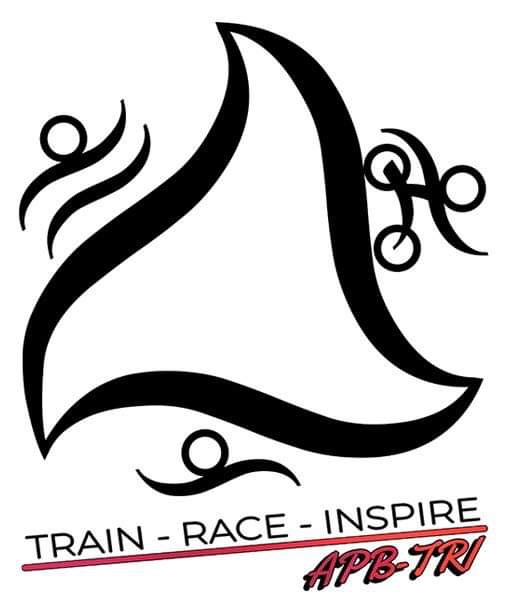My coach told me to run with a weighted vest. 20lbs (7.5kg) extra definitely makes for a hard workout! And I can honestly say that stair climbing (mostly down and turning) wearing it caused some issues for the knees. So this week’s question is: is cardio with additional weights a good idea?
As frequently appears to be the case with internet research, this issue made me looks sort of like this: 😭😰😭😰😭😰. Why, you ask? Well, because apparently nobody agrees on the subject!
Options?
I think the most logical place to start is with discussing what are your options for training with additional weights and say a few words on the subject
- Wrist weights
- Dumbbells in your hands
- Ankle weights
- Weighted vest
- Backpack
Something nobody mentioned: pushing a stroller. Ok, so it’s technically not much of a choice for training with weights, but to me it sort of is. I think this is worthy of a whole another article and I may circle back to it in the future.
How much weight?
So this one depends on what weights you are choosing. For your wrists, dumbbells and ankle weights, it’s 1-3 lbs each. You can wear a lot more around your torso. Recommendations are to start at no more than 5% of your body weight and gradually go up to 10%. My 20 lbs weight vest is more than 15% of my body weight 🤔.
Benefits
This is the 😖 part. Between all the studies, there was no particular agreement that it will make you stronger or faster. Here are recurring themes in the benefits column though:
- Increase how fast you burn calories – that’s nice for people who are focusing on weight loss. Keep in mind though that if it tires you out faster or leads to an injury, you will work out less, therefore causing more damage than good
- It’s good for your bone density – ok, that’s a good one and if that’s a concern for you, definitely take note!
- Improved balance – I can tell you from experience: it makes you work your core like no other.
Potential problems
Have you heard that working out with weights is bad for your joints? This is just one of the list of concerns! So here they are, grouped into nature of issues:
Type of weight:
- Heavy backpack can shift while you are running. I did it frequently (in the good old times when we used to go to the office) and I can tell you: backpack can chafe your back, neck and throw you off balance.
- Ankle weights – those can impact the way you land on your feet. Ankles are already vulnerable joints for runners, so this is a concern. They can also shift while you are running, causing a whole new host of problems. I can also only imagine how much I would bang those things against the other leg…
- Wrist weights put strain on your shoulders and arms and can cause damage.
- Dumbbells – see wrist weights, plus you have to hold onto them, so you can do an even worse job with weight distribution. Many say that you shouldn’t even carry a water bottle in your hand (guilty 🙋♀️). I just hate wearing water belts and vests…
- Weighted vest – restricts your breathing, puts a lot of weight on your shoulders (I already struggle with tight neck and shoulders, and this exacerbates the issues), but all things considered, it is the safest option
Impact on your body
This varies a bit depending on your choice of weights, but in general, you are putting strain on your joints and ligaments. It puts more pressure on your bones, but in that particular case it happens to be a good thing. But joints and tight muscle are not your friend.
When you carry a lot of weight around your torso, you will naturally hunch over more and your stride will change some. This can cause damage to your body. It’s not the weight itself that causes the problems. It’s your bad form. Fortunately, there is an easy way to address this problem: work on your core, start with lighter weights, at slower pace and over smaller distances. This way your body will have a chance to prepare for large weights on your runs. Drawback: it will kill that quicker pace for gains in your workout.
So should you use weights?
Honestly? Seek professional advice. There are benefits, but also serious risks to using weights when working out. You may be safer just working in faster runs and hills into your routine. And weight lifting time. But this type of training may be right for you. I’d love to have a definite answer, but like many things in life: you can’t always have what you want.
As always: make smart choices and keep up the good work!
